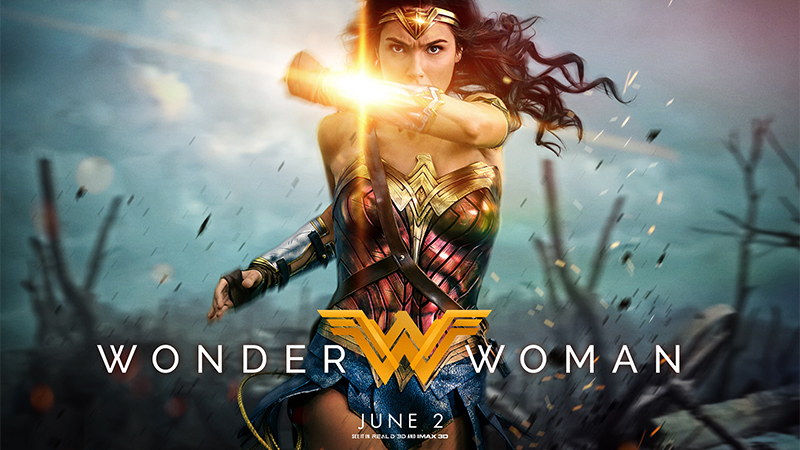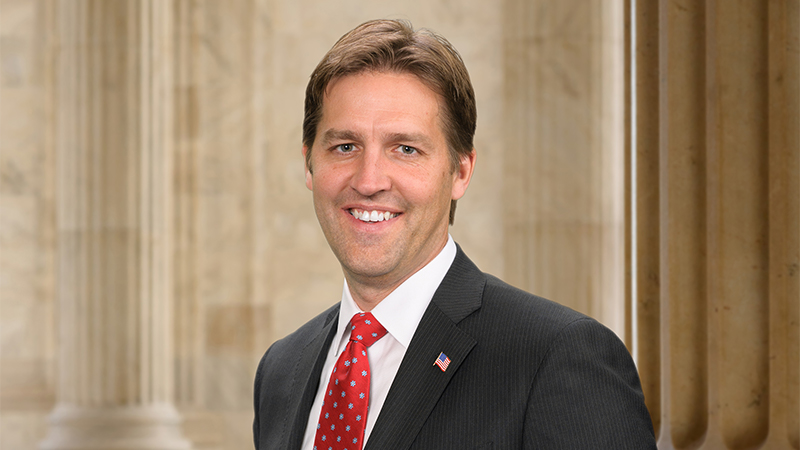This week marks the release of the latest DC superhero, Wonder Woman—and with the film comes a hubbub of conversation about what it means to be male and female in this supposedly post-gender society. Some are outraged that some theaters showed early release showings of the movie to restricted all-women audiences. Others are angry that the super-heroine apparently shaves under her arms (which no self-respecting island amazon would do, some say).
Wonder Woman is unperturbed by all this. She’s been in the middle of gender wars before. In fact, she’s been there from the very beginning.
There’s a reason, after all, that Wonder Woman was on an early cover of the feminist Ms. Magazine. Unlike other DC superheroes, she wasn’t the product of the imaginations of then-anonymous young men in garages or apartment stoops, longing for the extraordinary. Instead, she was the invention of a psychologist
William Moulton Marston, a scholar from Tufts and Columbia universities, was not a Stan Lee-type comic book marketing genius. He was just the opposite; he was one who thought comic books were degrading American culture, and he sought to fix it, with an Amazon princess.
Marston was more than just a psychologist and scholar. He was the inventor of the technology that later became the polygraph, the “lie detector” test. This idea showed up in the Wonder Woman comics (the golden lasso makes everyone in its grip tell the truth). He was also a supporter of the Progressive movement, an early feminist, and an expert on the mythologies of ancient Greece and Rome.
Marston feared comic books were too violent and depraved (as did many at the time). He located this depravity not in the medium but in its “blood-curdling masculinity.” So he set out to design a woman who comes from an amazon island, with no men and thus pacific. Wonder Woman wasn’t for girls (they weren’t the comic book audience), but for the boys. “Give them an alluring woman stronger than themselves to submit to and they’ll be proud to become her willing slaves,” he concluded.
It didn’t quite turn out just that way, but Wonder Woman transformed American society—and was transformed by it, becoming more aggressive in times when women were working factories in World War II, for instance, and more docile in the 1950s.
The resurgence of the warrior princess on the silver screen ought to remind us of the powerful mythological and cultural forces behind many of the contemporary “gender wars,” and that these are, in some ways, nothing new. The Apostle Paul, after all, knew about Wonder Woman.
Or, at least the apostle knew of the goddess on whom Wonder Woman was based—Diana or, in her Greek name, Artemis. The Pauline teaching on men and women in the letter to the Ephesians wasn’t written in a void but in the shadow of the temple of Diana, a temple that was one of the wonders of the ancient world. The gospel erupted the city into controversy (Acts 19:21-42) because the news of Christ threatened the silversmiths’ industry of Artemis idols (Wonder Woman action figures, I guess you could say).
Like our time, the ancient world had a complicated view of women’s empowerment. On the one hand, goddess temples filled the empire. On the other hand, so did temple prostitution and misogyny. Some important rights for women have been gained, of course, but we haven’t completely overcome all of that. Wonder Woman does indeed represent power, but she also is, in every iteration, designed to be sexually attractive to men. The 1970s-era television series noted in its theme song, “Fighting for your rights, in your satin tights, and the old red, white, and blue.” The rights and the tights were both part of the package—and, from the looks of things, still are.
The apostolic witness broke through all of that, even in the hometown of Diana. The biblical revelation teaches some very real, creational distinctions between men and women. That revelation also tells us that women are, from the beginning, created to be co-heirs with men, and joint-heirs with Christ, of the reign that is to come. Mars and Venus end their warring when both come into submission to Jesus.
As the film Wonder Woman releases, Christians can tell our daughters and sisters that she represents something true. We can also lament that signifies, in some ways, something awry—a fallen world where women must often signal toughness and invulnerability because they are in the midst of predatory or potentially predatory men. We should model for our sons and brothers a different way—a way that doesn’t prize women on the basis of how their sexual attractiveness or availability to men in general. We should also teach our daughters and sisters that they are indeed to be fighters—the way Mary was (Lk. 1:46-55).
Whether you go see Wonder Woman or not, let’s be ready to speak to our neighbors of a gospel that’s good news for women and girls, as well as for men and boys. Let’s speak of a gospel that restores some real wonder to womanhood, and some meaning to manhood too.








